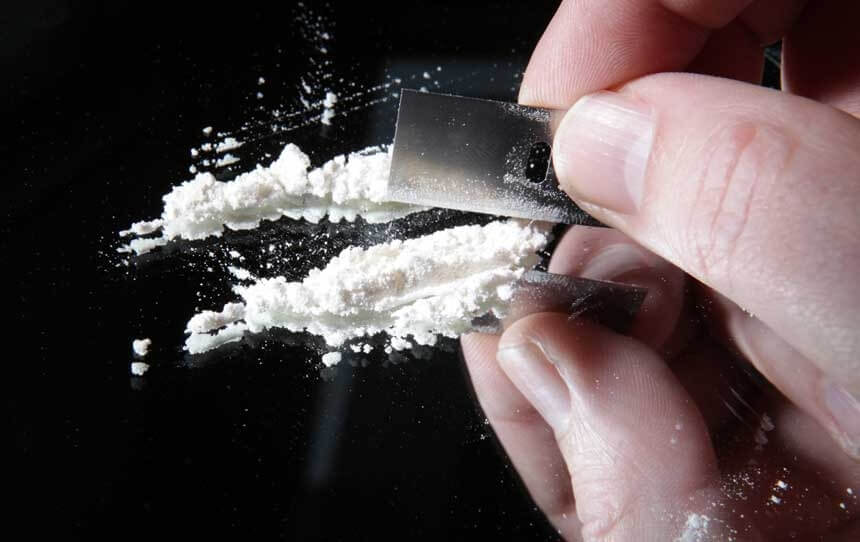
Not all businesses are large corporations. Though there are varying methods for delineating businesses by size, the Australian Bureau of Statistics defines a medium sized business as having 20-199 employees; a small business as having 0-19 employees; and a micro business as employing four or less people. Small businesses (including micro businesses) account for a major portion of the Australian economy, comprising 85 percent of the services industry, 6 percent of manufacturing, 6 percent of agriculture, forestry and fishing, and 3 percent of mining. In other words, small business is big business in Australia, accounting for over 99 percent of the number of all active businesses. In addition, almost half of employed Australians work in small businesses. Small businesses employ approximately 4.7 million out of 10 million people, and medium sized businesses employ another 2 million.1
These statistics are presented to show the importance of having a drug and alcohol policy and random testing program, without regard for business size. With over 7 million Australians employed in small to medium sized businesses, and many having no drug and alcohol testing program in place, there is likelihood that a large number of people are performing customer services, making products, and driving company vehicles under the influence of drugs or alcohol. Is it any wonder that substance abusers writing comments in forums are discussing getting jobs in small businesses because they will not have to pass a drug test during pre-employment or worry about getting caught by a drug test whilst employed?
A ‘Friend of a Friend’ on Drugs is Not Business Friendly
It is true. Substance abusers love small to medium sized businesses that do not have a drug and alcohol policy or testing program. The reasons small business owners fail to add these operational policies and procedures vary from “too expensive” to “not necessary.” That attitude increases the risk of a business experiencing lost productivity, poor employee decision making, higher accident rates, and increased liability exposure. Ironically, a small business is less able to absorb the mistakes that people under the influence are known to make, and the costs that accompany employee drug use, like increased health care premiums and legal fees. When an employee drives a company vehicle and gets in a serious wreck, it does not matter at that point if the company employs three people or three hundred people. Either way, the employer will be held fully or partially responsible, and especially if there is no drug and alcohol policy or testing program.
Many chronic substance abusers are innovative. Believing they cannot pass a pre-employment drug test at a large corporation, they look for jobs with small and medium sized companies that do not test for drugs and alcohol. Unfortunately, there are still many such employers. The implication is clear: a large number of the heaviest drug and alcohol workers will be found in smaller businesses.
There are misconceptions about drug and alcohol testing that persist despite numerous government information campaigns. Employers believe they are opening themselves up for accusations of invading employee privacy rights or that testing is expensive. Small businesses tend to hire people through referrals, meaning there is a more personal association between the employer and employee. Employers may feel uncomfortable testing someone who is a ‘friend of a friend.”
No Safe Haven
All businesses need to establish a detailed drug and alcohol policy that clearly explains the workplace policy on substance use and explains when and why testing would take place. Clearly explaining how usage of drugs or alcohol will impair work performance provides legal defensibility should a tested employee file a complaint. It really does not matter if a business is small or large or an office or mine because occupational safety and health are workplace issues affecting all workers.2
Pre-employment testing is an effective step for stemming the flow of substance abusers to smaller businesses. Random testing reinforces the policy and represents the exercise of due diligence in keeping the workplace substance free.
Small and medium sized employers do not want drug and alcohol users to view their business as a safe haven. There are very affordable tests and testing services that can be adapted to any business setting and budget. CMM Technology works with small, medium, and large businesses, providing high quality drug and alcohol testing technology. There is simply no reason to put a company at risk of damage due to any employee using drugs and alcohol in the workplace.
References
1. Department of Innovation, Industry, Science and Research. (2011). Key Statistics - Australian Small Business. Retrieved from Commonwealth of Australia : http://www.innovation.gov.au/SmallBusiness/KeyFacts/Documents/SmallBusinessPublication.pdf
2. Stafford, Patrick. (2011, October 12). Employers warned over drug and alcohol testing plans after Fair Work decision. Retrieved from Smart Company: http://www.smartcompany.com.au/industrial-relations/20111012-employers-warned-over-drug-and-alcohol-testing-plans-after-fair-work-decision.html
Categories
Archive
- February 2022
- October 2021
- June 2021
- November 2020
- October 2020
- June 2020
- March 2020
- February 2018
- December 2017
- August 2017
- February 2017
- September 2016
- August 2016
- October 2013
- September 2013
- July 2013
- May 2013
- February 2013
- December 2012
- November 2012
- August 2012
- June 2012
- February 2012
- December 2011
- October 2010
